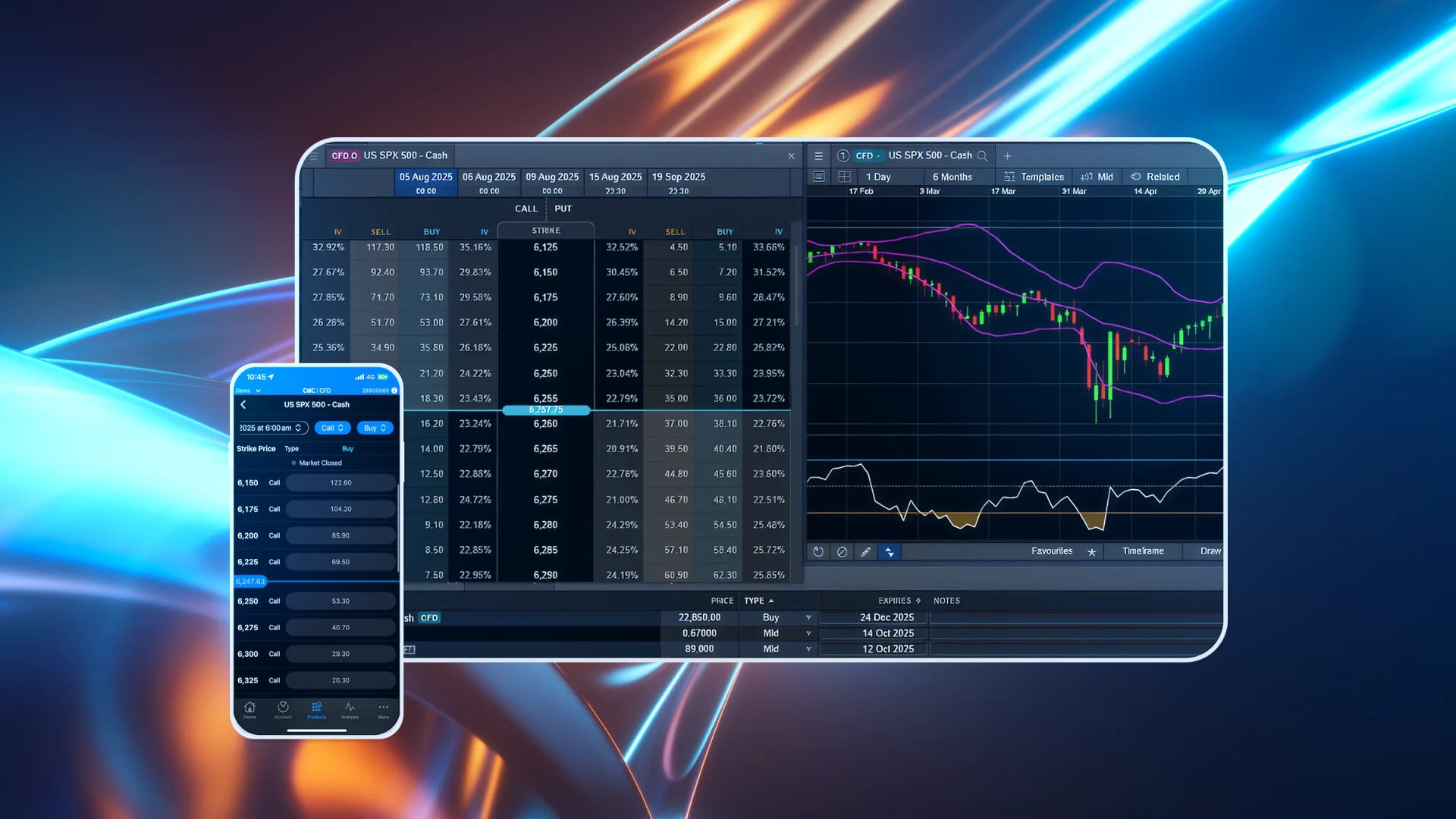Big business today equals greater creative opportunity, not less
One of my earliest creative heroes was a gentleman named Jay Chiat who founded the Chiat/Day advertising agency. One of his quotes that I remember most is “How big can we get before we get bad?” He was talking about an idea that many creative people, including myself, held at the time: the notion that the most creative organizations in the world were small companies, and being a larger size, somehow, eroded a company’s ability to be truly creative.
It’s something I’ve thought a lot about recently. As I look at the world today and consider the big company I work for and the big clients I have the privilege to work with, I find it remarkable how much I now disagree with that sentiment.
In fact, I would argue that if you ask people today to name the companies doing the most innovative and creative work, they would name really large companies. Google, Amazon, Nike, Starbucks, Coca-Cola—these aren’t “creative boutiques.” These are massive global businesses and they’re only getting bigger and more innovative.
So, what gives?
In my view, big companies have a big creative advantage over smaller companies because the very natures of creative invention, experience design, and product development have changed. I recently explored this topic with several of my colleagues, and here are the advantages that we discussed.
1. GLOBAL PERSPECTIVE
One thing we talked about is how in big companies, you often get to collaborate with global team members who may bring a very different perspective from your local team. And when you’re working with people from Amsterdam and London and Boston and Bangalore, these varied perspectives can certainly create friction. And friction sharpens creative ideas.
2. DATA INSPIRATION
Another thing we discussed is that these days, great ideas seldom emanate from someone alone in a room just “being brilliant.” Today, brilliance is often enabled by some emerging technology or inspired by some data pattern. And big companies have a huge advantage over smaller companies from a technology and data perspective. They’re just playing a different game from what a small company can play.
3. FREEDOM TO FAIL
We also discussed how big companies have the ability to take financial risks in a way that smaller companies, with smaller budgets, simply can’t. In a big company, not every idea or product has to be a financial hit in the way it might need to be in a smaller company. And that cushion gives big companies the ability to take bigger, riskier chances on the kind of innovation and creativity that can really change the world.
4. EXECUTION TRUMPS IDEAS
Finally, we all talked about the recognition that real innovation isn’t just about great ideas; it’s reliant on great execution. In fact, many times the ideas are easy. It’s the execution that’s hard. How many stories have you heard about a little company with a big idea that went nowhere because of budget or bandwidth? Larger companies have a big advantage on this front. They have the delivery engine, the partner relationships, and the longer view on investment to actually get ideas made and brought to market.
So, at the end of the day, was Jay Chiat wrong? Yes and no. I no longer think getting big means getting bad. But I also feel that ultimately what Jay was really talking about wasn’t size. I believe he was making a point about speed, teamwork, and courage.
I think he was worried that as his company grew, it would move away from the small, nimble, self-directed teams that made its work great. He perhaps worried that success would make the members of his company complacent and was more concerned with protecting their current success than inventing their next kind of success. Maybe he worried they would lose their “pirate” mentality and instead start acting more like the Navy.
These are all valid concerns for sure. And they are things all of us are working for, and with large companies, need to keep in mind as we structure creative teams and manage innovation across our organizations. But we should also remember that scale is not something to be afraid of—it can be a big advantage. And one of the best ideas any of us can possibly dream up is to lean into our size and make full use of every creative advantage our scale provides us.
Barry Fiske leads Experience Creative & Innovation for Merkle in the Americas. He is also host of the What Bubbles Up creativity podcast.








